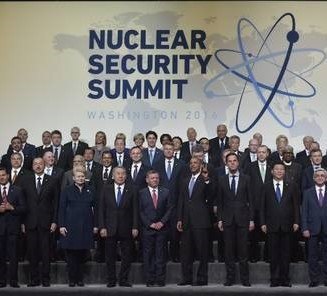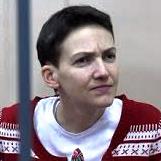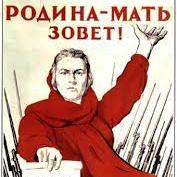(EDM) Russia’s absence from the nuclear summit in Washington, DC, last week was entirely predictable and yet baffling. Moscow announced its non-participation last November, and Secretary of State John Kerry was unable, in recent lengthy talks, to persuade President Vladimir Putin to make a trip to the United States’ capital (Newsru.com, March 31). The Kremlin was irked by the description of its behavior by US officials as “self-isolation” but could not invent a convincing explanation for why it was boycotting the high-profile event attended by more than 50 world leaders (Kommersant, March 30). The official statements emphasized the “deficit of cooperation” in the US-organized summit, and Putin perhaps believes that Russia should have been accorded some entitled special status by virtue of being the world’s second-largest nuclear power, on par with the US. Alexei Arbatov, one of the leading Russian experts in nuclear arms control, argues that the demonstrative refusal to partake betrays a fear in the Kremlin of showing any weakness, which overrides any obvious interest in enhancing Russia’s and the world’s nuclear security (Carnegie.ru, March 30). […]
Read More © The Jamestown Foundation











